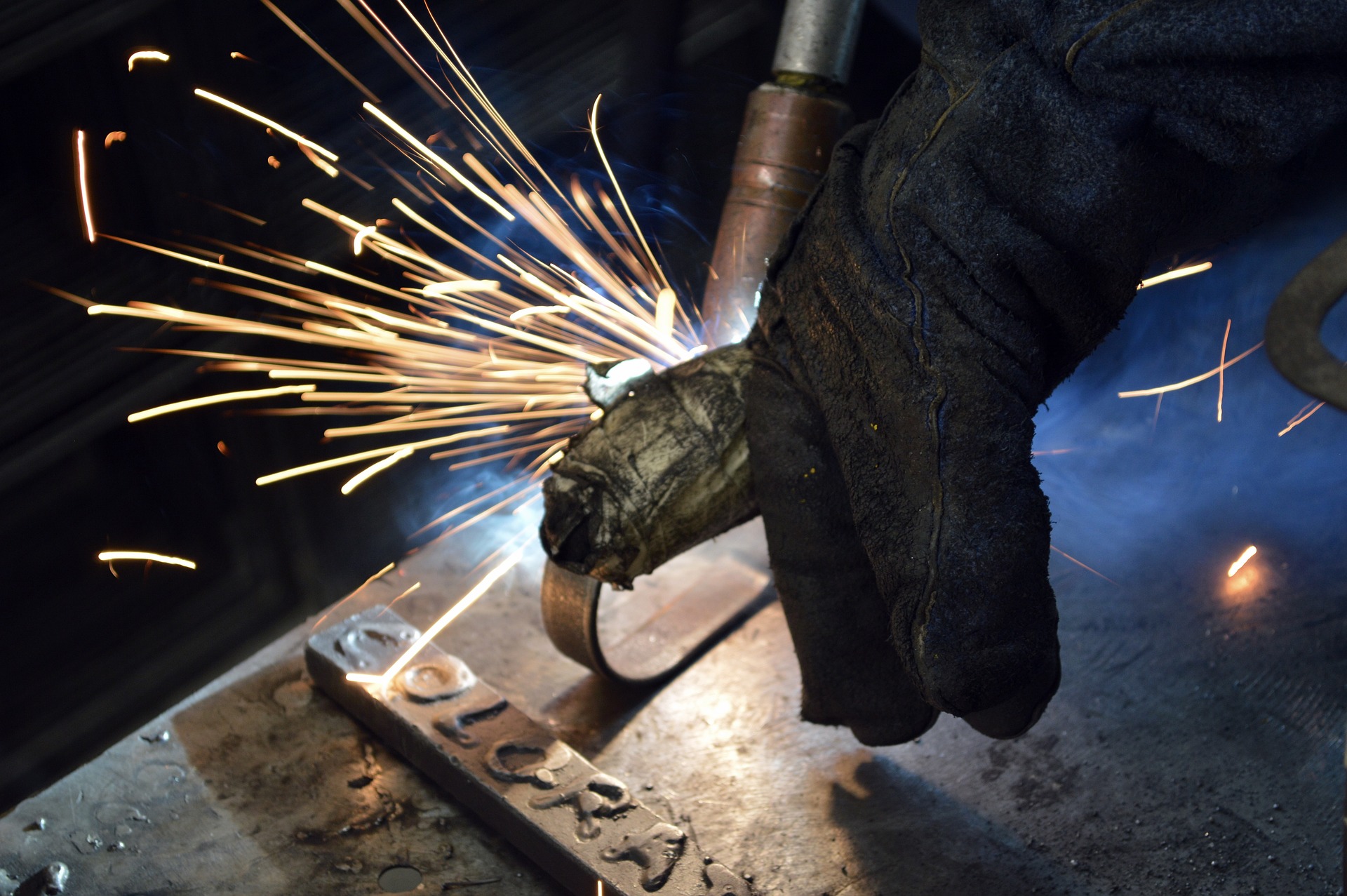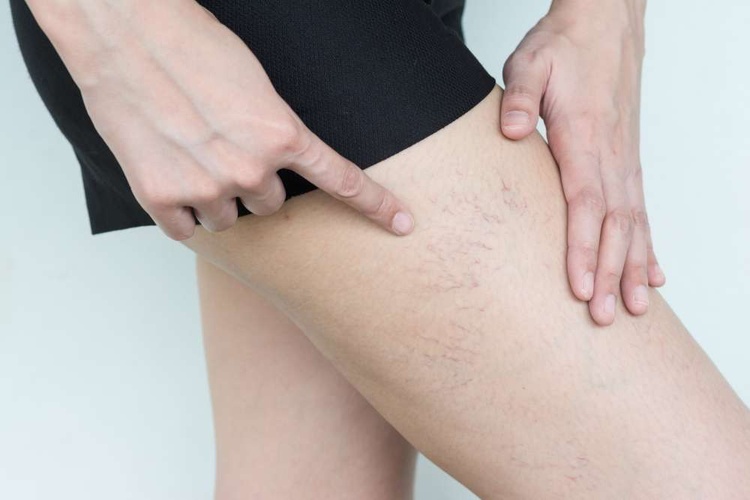Understanding Anti-Rust Sprays: Uses, Benefits, and Science
Rust and corrosion pose significant challenges to metal surfaces, from vehicles to household tools and outdoor structures. Anti-rust sprays have become essential solutions for protecting metal items against moisture, oxygen, and environmental factors that accelerate deterioration. These specialized formulations create protective barriers that extend the lifespan of metal objects while maintaining their functionality and appearance. Understanding how these products work and their various applications can help you make informed decisions about corrosion prevention.

Metal corrosion affects countless items in our daily lives, causing structural damage, aesthetic deterioration, and costly replacements. Whether you own a vehicle, maintain outdoor equipment, or manage industrial machinery, understanding anti-rust sprays can save time, money, and resources. These protective coatings have evolved significantly over the years, offering diverse solutions for different materials, environments, and applications.
What Are Anti-Rust Sprays? An Introduction to Corrosion Protection
Anti-rust sprays are specialized chemical formulations designed to prevent or slow down the oxidation process that causes metal corrosion. These products typically contain active ingredients that form protective layers on metal surfaces, blocking moisture and oxygen from reaching the underlying material. Available in aerosol cans, pump sprays, and liquid applications, anti-rust sprays serve both preventive and restorative purposes. Some formulations are designed for clean, new metal surfaces, while others can penetrate existing rust to halt further deterioration. The versatility of these products makes them valuable for automotive maintenance, construction, marine applications, and household repairs. Understanding the basic composition and purpose of anti-rust sprays helps users select appropriate products for their specific needs.
How Anti-Rust Sprays Work: The Science Behind Corrosion Prevention
The effectiveness of anti-rust sprays lies in their ability to interrupt the electrochemical process of corrosion. When iron or steel is exposed to moisture and oxygen, an oxidation reaction occurs, forming iron oxide or rust. Anti-rust formulations work through several mechanisms: barrier protection, corrosion inhibitors, and moisture displacement. Barrier-type sprays create physical coatings that seal metal surfaces from environmental exposure. These may contain waxes, oils, or polymer resins that form durable films. Corrosion inhibitors work chemically by neutralizing the electrochemical reactions that cause rust formation. Some products contain compounds that bond with metal surfaces at the molecular level, creating a protective conversion layer. Moisture-displacing formulations push water away from metal surfaces and leave behind protective films. Many modern anti-rust sprays combine multiple mechanisms for enhanced protection, offering both immediate and long-term benefits against corrosion.
Common Uses of Anti-Rust Sprays: From Vehicles to Home Maintenance
Anti-rust sprays find applications across numerous settings and industries. In automotive care, these products protect undercarriages, wheel wells, exhaust systems, and engine components from road salt, moisture, and environmental exposure. Vehicle owners often apply anti-rust treatments to prevent corrosion in areas prone to rust development. Home maintenance applications include protecting outdoor furniture, garden tools, bicycles, and metal fixtures exposed to weather conditions. Marine environments present particularly harsh corrosion challenges, making anti-rust sprays essential for boats, docks, and coastal structures. Industrial and construction settings use these products to protect machinery, scaffolding, and metal building components. DIY enthusiasts and professionals alike rely on anti-rust sprays for restoring vintage items, maintaining power tools, and preserving metal collectibles. The wide range of applications demonstrates the universal need for effective corrosion prevention solutions across different sectors and personal projects.
Different Types of Anti-Rust Sprays and How to Choose the Right One
Selecting the appropriate anti-rust spray requires understanding the various formulation types and their specific advantages. Oil-based sprays provide excellent moisture displacement and long-lasting protection, making them suitable for tools and equipment stored in humid environments. Wax-based formulations create thicker protective coatings ideal for undercarriage protection and outdoor metal structures. Dry-film sprays leave non-greasy finishes that resist dust accumulation, preferred for items requiring clean surfaces. Converter sprays chemically transform existing rust into stable compounds, offering restoration capabilities alongside protection. Water-based formulations provide environmentally friendly options with lower volatile organic compound emissions. Specialty products include high-temperature formulations for exhaust systems, marine-grade sprays for saltwater environments, and food-safe options for kitchen equipment. When choosing a product, consider the metal type, exposure conditions, application method, and desired finish. Reading product specifications and understanding your specific corrosion challenges ensures optimal protection and value.
Application Techniques and Maintenance Considerations
Proper application significantly impacts the effectiveness of anti-rust sprays. Surface preparation is crucial; cleaning metal surfaces to remove dirt, grease, and loose rust ensures better adhesion and protection. For preventive applications on new metal, thorough degreasing creates ideal conditions for coating adherence. When treating existing rust, wire brushing or sandblasting may be necessary to remove loose oxidation before applying converter or protective sprays. Most products require specific temperature ranges and humidity conditions for optimal curing. Applying multiple thin coats generally provides better protection than single heavy applications. Reapplication schedules vary based on environmental exposure, with harsh conditions requiring more frequent maintenance. Regular inspection of treated surfaces helps identify areas needing additional protection before significant corrosion develops. Understanding proper application techniques maximizes the longevity and effectiveness of anti-rust treatments.
Environmental and Safety Factors in Anti-Rust Product Selection
Modern anti-rust sprays vary significantly in their environmental impact and safety profiles. Traditional solvent-based formulations offer excellent performance but may contain volatile organic compounds that contribute to air pollution and require careful handling. Water-based alternatives provide safer options with reduced environmental impact, though they may offer different performance characteristics. Many manufacturers now produce low-VOC formulations that balance effectiveness with environmental responsibility. Safety considerations include proper ventilation during application, protective equipment for users, and appropriate disposal methods for containers and excess product. Some formulations are flammable, requiring careful storage away from heat sources and open flames. Understanding product safety data sheets helps users implement appropriate precautions and comply with local regulations. Selecting products that meet both performance requirements and environmental standards supports responsible corrosion prevention practices while protecting user health and the surrounding ecosystem.
Conclusion
Anti-rust sprays represent essential tools for protecting metal surfaces across diverse applications and environments. By understanding the science behind corrosion prevention, recognizing common uses, and selecting appropriate formulations, users can effectively combat rust and extend the lifespan of metal items. Whether maintaining vehicles, preserving tools, or protecting outdoor structures, these specialized products offer practical solutions to universal corrosion challenges. Proper application techniques, regular maintenance, and consideration of environmental factors ensure optimal results while supporting responsible product use. As formulations continue to evolve with improved performance and reduced environmental impact, anti-rust sprays remain valuable investments in preserving metal integrity and functionality.




